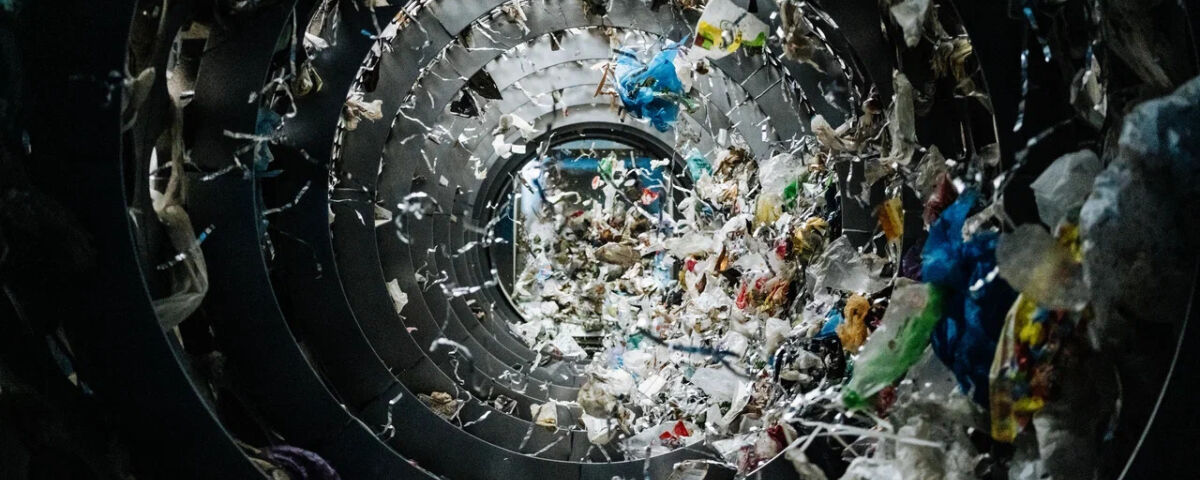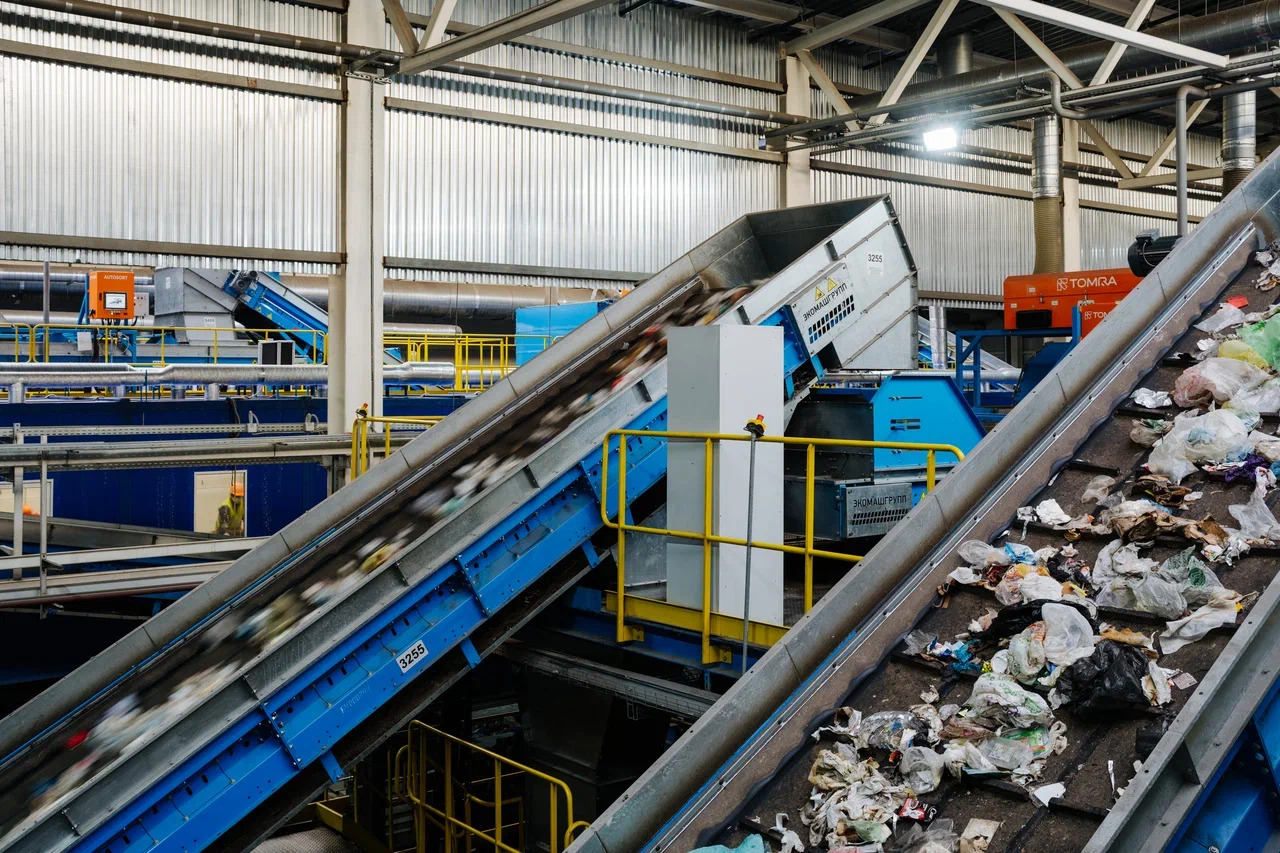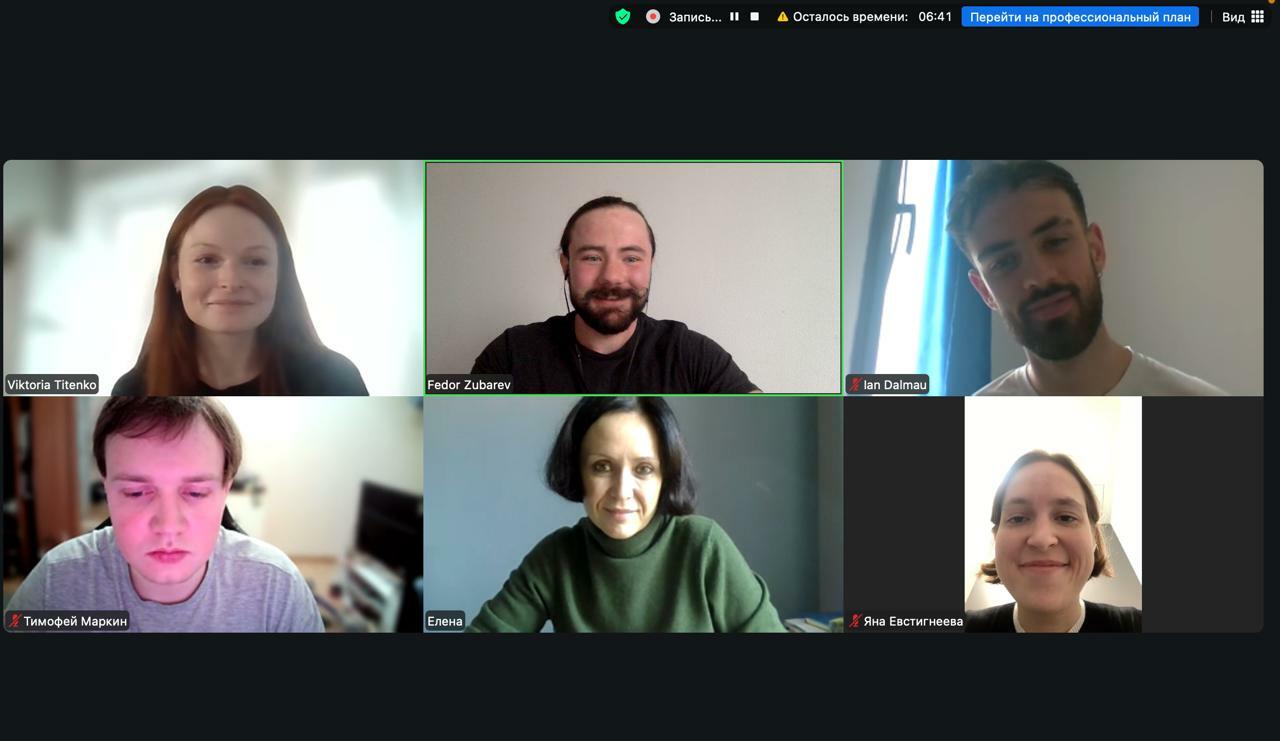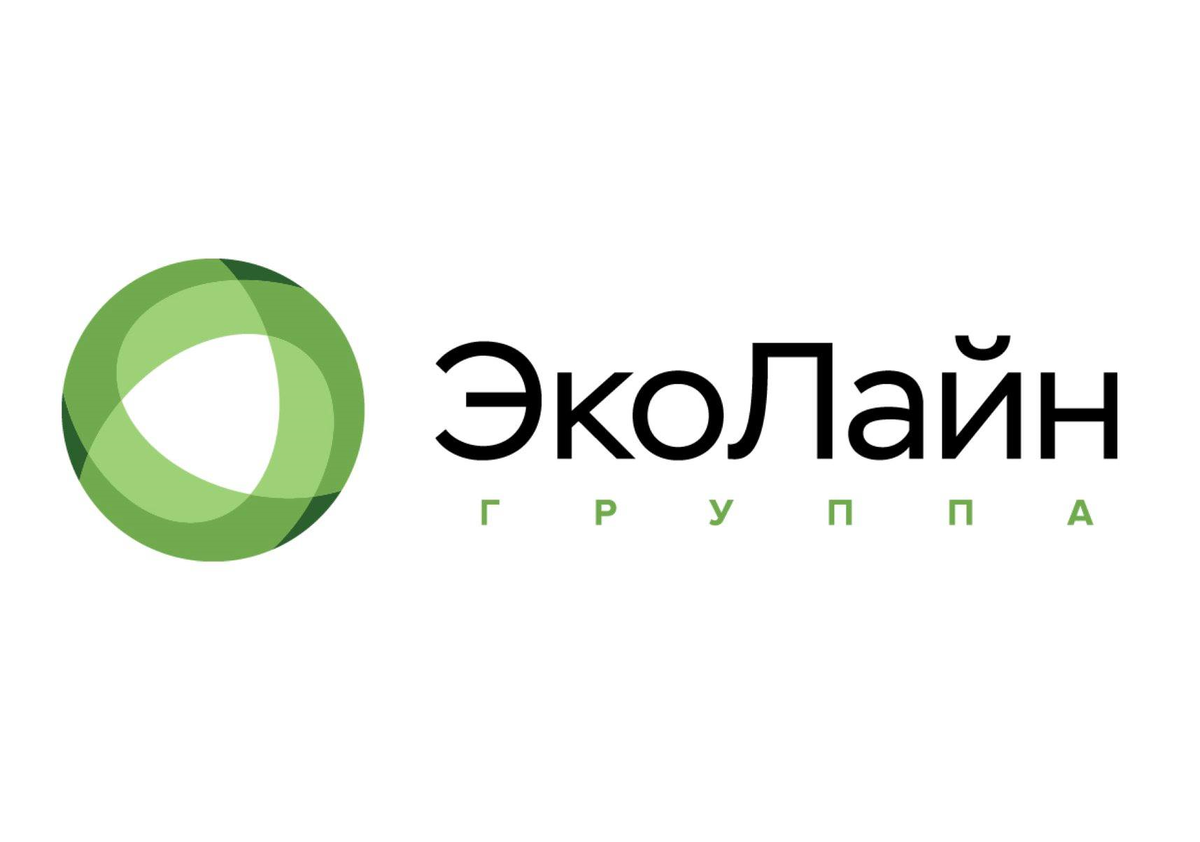




Keep this story going! Share below!
Ecoline's innovative full-cycle waste management system combines advanced technology with sustainability. Waste is collected, sorted using AI-driven optical separators, and processed with minimal human intervention. The recovered materials are then transformed into new products, such as pallets and containers, which can be recycled again.
Additionally, Ecoline uses tunnel composting technology to process organic waste in sealed facilities following a 16-21 days cycle, replacing traditional open-air methods. This system reduces emissions and improves efficiency. The model directly supports UN SDG 12: Responsible Consumption and Production, while also contributing to SDG 11: Sustainable Cities and Communities and SDG 13: Climate Action.
Ecoline’s full-cycle system is redefining waste management in Moscow. The company collects waste from both residential and commercial areas and transports it to high-tech facilities. There, scanners and AI-powered optical systems identify recyclable materials with precision, reducing the need for manual labor. Staff responsibilities are now limited to handling and logistics, with machines performing the complex sorting once done by dozens of workers.
As Elena Vishnyakova, Director of Communications, explains “Our entire business model is based on one of the UN Sustainable Development Goals, prioritising Сlimate action. Achieving this goal also means achieving our business objectives. This is rare because sustainability is often a compromise for businesses, but in our case, it’s a complete match.”
Beyond sorting, Ecoline transforms recycled plastics into reusable items like pallets and containers. Its tunnel composting innovation automates the treatment of organic waste, processing it in controlled environments over 16–21 days. This technology replaces traditional open-air methods, minimises odor, reduces emissions, and accelerates the composting process, making it a breakthrough for Russian cities.

The rising volume of urban waste in Moscow, coupled with limited solutions for its large-scale management and recycling inspired Ecoline’s mission. The founders recognized that traditional methods were insufficient and that true change required technological innovation and public trust.
As Elena Vishnyakova shares “We wanted to prove that recycling is not just about ecology; it’s also about smart business and social responsibility.” This challenge sparked their determination to find solutions to one of Russia’s most pressing environmental challenges.
Ecoline’s transition to automated, AI-powered sorting has delivered measurable results. Sorting errors have decreased by 10–15%, while the recovery rate of recyclable materials has risen from 80% to 95%. This improvement ensures that more valuable resources are returned to the economy rather than being lost to landfills.
The company’s innovation also extends to social impact. Ecoline has launched educational programs and community outreach partnerships to promote sustainable habits among Moscow residents. By increasing awareness and encouraging participation, the company is building a culture of responsibility that supports long-term ecological goals.
The adoption of advanced recycling technologies has strengthened Ecoline’s business performance. Automation reduced operational costs while improving efficiency, and the creation of new recycled products has opened additional revenue streams.
As Vishnyakova notes “By achieving our environmental targets — reducing waste and returning materials to the economy — we are also achieving our business objectives. Our sustainability model is our business model. We allowed startups to test their technologies using our waste streams. In return, we gained access to new solutions and insights that helped us improve our own processes”
This openness accelerates innovation, keeps Ecoline competitive, and attracts new opportunities. By positioning itself as both a business and a hub for innovation, the company secures long-term profitability while driving Russia’s green-tech ecosystem forward.
Ecoline plays a vital role in Moscow, improving the ecological landscape and overall quality of life. Beyond cleaner environments, it fosters sustainable, community-driven neighborhoods. In big cities where people often feel isolated, Ecoline promotes engagement through education and local initiatives that make environmental responsibility part of daily life.
As Elena Vishnyakova recalls: “At first, people didn’t believe in separate waste collection — they thought everything ended up in one truck. We offered a reward to anyone who could prove it. No one could, and this helped break the myth and build real trust.” Her story shows how Ecoline’s transparency and outreach shifted public perception and built community trust.
A key strength of Ecoline’s model is its peer-to-peer approach: residents who request recycling bins must first educate and motivate their neighbors to participate. Only when enough neighbors agree does Ecoline deliver the containers. As Vishnyakova explains, “When information comes from your neighbor — someone you know and trust — it has a much stronger impact than when it comes from an anonymous operator.” This grassroots method has proven far more effective than traditional campaigns, creating not only cleaner cities but also connected, responsible communities.
Ecoline also emphasizes education, especially among children. Through study tours, kids see how waste is transformed into new items and quickly adopt “green” habits. For Vishnyakova, this is personal: “Tomorrow I’m taking my daughter’s class on a study tour of our sorting plant… They’re already excited to discuss all the eco-topics we talk about at home.”
Finally, Ecoline’s use of advanced technology has elevated the role of its workforce. Traditional sorting jobs have evolved into positions for engineers and technicians skilled in AI systems, attracting new talent to the green sector and strengthening both the company’s reputation and the broader sustainability movement in Russia.
Get stories of positive business innovations from around the world delivered right to your inbox.
Elena Vishnyakova, Director of Communications at Ecoline


Ecoline is a leading waste management company based in Moscow, Russia, recognized for its comprehensive approach to recycling and sustainability. Since its establishment in 2012, the company has been at the forefront of modern waste practices, offering services in waste collection, sorting, and processing. Ecoline also operates the largest plastic recycling plant in Russia, with an annual capacity of more than 60,000 tons.